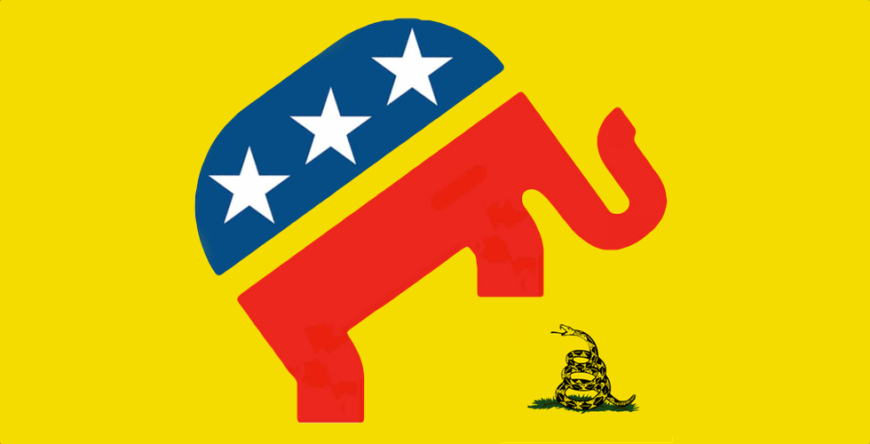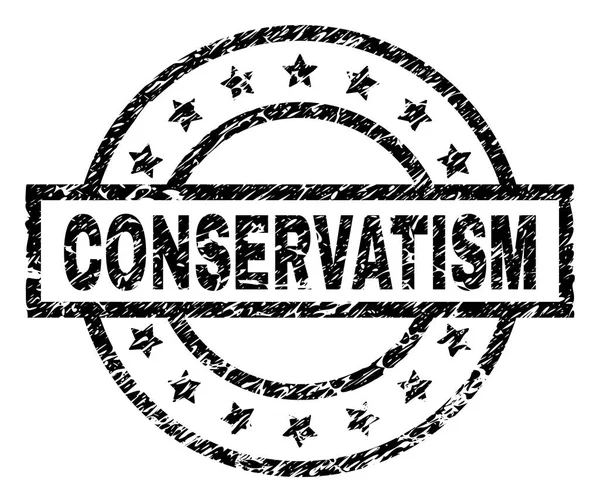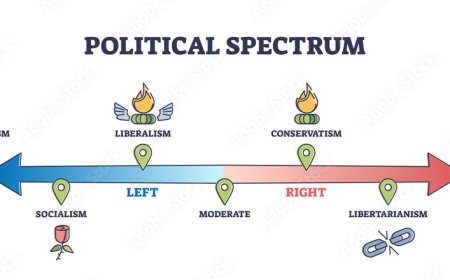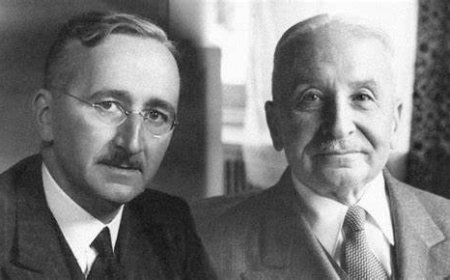Libertarianism vs. Conservatism: Economic Freedom
This article contrasts libertarianism and conservatism in terms of economic freedom, emphasizing libertarians' advocacy for minimal government intervention and free markets while highlighting conservatives' acceptance of regulation to promote social stability and community values.

In the diverse landscape of political ideologies, libertarianism and conservatism often emerge as significant forces influencing economic policies. While both ideologies advocate for some level of limited government, they differ fundamentally in their approaches to economic freedom, regulation, and the role of tradition in shaping economic policies. This article delves into the key differences between libertarianism and conservatism concerning economic freedom, regulation, and individual choice.
Understanding Libertarianism

Libertarianism is a political philosophy that emphasizes individual liberty, personal responsibility, and minimal government intervention in both personal and economic affairs. Central to libertarianism is the belief in free markets, where individuals are free to engage in voluntary transactions without interference from the state.
Key tenets of libertarian economic policy include:
-
Free Markets: Libertarians advocate for unregulated markets, believing that competition leads to innovation, efficiency, and consumer satisfaction. They argue that businesses should operate without government-imposed constraints, which they see as stifling creativity and growth.
-
Minimal Government Intervention: Libertarians argue that the government's role should be limited to protecting individual rights, maintaining law and order, and providing national defense. They believe that excessive regulation, taxation, and government spending distort market dynamics and infringe on personal freedom.
-
Personal Responsibility: Libertarians emphasize the importance of individual responsibility in economic decision-making. They believe that individuals should be accountable for their financial choices, which fosters self-reliance and encourages personal initiative.
Understanding Conservatism

Conservatism, while also advocating for limited government, tends to support a more balanced approach to economic regulation. Conservatives often emphasize traditional values, social stability, and the importance of community, leading them to support certain government interventions to maintain order and promote the common good.
Key aspects of conservative economic policy include:
-
Support for Traditional Values: Conservatives often prioritize family, faith, and community, viewing these institutions as foundational to a stable society. This perspective can influence their economic policies, emphasizing the need for social stability over absolute economic freedom.
-
Measured Government Intervention: While conservatives generally favor free markets, they often accept a certain level of government regulation to address market failures, protect consumers, and promote fair competition. They may advocate for regulations in areas such as healthcare, education, and environmental protection.
-
Emphasis on National Prosperity: Conservatives frequently argue for economic policies that prioritize national interests and job creation. This may include support for tariffs, subsidies for certain industries, and policies aimed at protecting domestic jobs.
Key Differences in Economic Freedom
-
Regulation of Markets:
- Libertarians believe that all regulation is harmful, arguing that it leads to inefficiencies and corruption. They advocate for complete deregulation, believing that markets should be self-regulating through competition.
- Conservatives, on the other hand, acknowledge the need for regulation in certain sectors to ensure fair practices and protect consumers. They often support regulations that promote competition and prevent monopolies, seeing them as necessary to maintain a level playing field.
-
Role of Government:
- Libertarians call for a minimal state, advocating for the reduction or elimination of government programs, taxes, and interventions. They argue that a smaller government leads to more personal and economic freedom.
- Conservatives support a government role that balances free markets with social responsibility. They may endorse certain welfare programs, especially for families and vulnerable populations, believing that the government can play a positive role in promoting social stability.
-
Economic Policy Objectives:
- Libertarians prioritize individual freedom and autonomy in economic matters, believing that individuals should have the ultimate say in how their resources are used. They view government involvement as a threat to personal freedom.
- Conservatives often prioritize economic growth and stability, believing that a degree of government intervention can foster a prosperous economy. They argue that social cohesion and stability are essential for long-term economic success.
Conclusion
The debate between libertarianism and conservatism concerning economic freedom reveals fundamental differences in how each ideology views the role of government, regulation, and individual responsibility. While both advocate for limited government, libertarians seek to maximize individual autonomy and minimize intervention, whereas conservatives support a balanced approach that recognizes the importance of tradition and social stability.
As societies continue to grapple with economic challenges, the question remains: How much regulation is too much for businesses to thrive? This inquiry invites individuals to reflect on their beliefs about the role of government in shaping economic policies and the delicate balance between freedom and responsibility.
FAQs: Libertarianism vs. Conservatism
1. What is libertarianism?
Libertarianism is a political philosophy that emphasizes individual liberty, personal responsibility, and minimal government intervention in both personal and economic affairs. Libertarians advocate for free markets and believe that individuals should be free to engage in voluntary transactions without government interference.
2. What is conservatism?
Conservatism is a political ideology that values tradition, social stability, and the importance of community. Conservatives typically advocate for limited government but support some degree of regulation and intervention to maintain order and promote the common good.
3. How do libertarians view government intervention?
Libertarians believe that government intervention in the economy is harmful and should be minimized or eliminated. They argue that the market is best equipped to regulate itself through competition and voluntary transactions.
4. What is the conservative perspective on regulation?
Conservatives accept a certain level of government regulation to address market failures, protect consumers, and promote fair competition. They believe that regulations can be necessary for maintaining social stability and economic fairness.
5. Do libertarians support any government programs?
Libertarians generally advocate for the reduction or elimination of government programs and taxes, believing that a smaller government leads to more personal and economic freedom. However, some may support minimal government functions, such as national defense and law enforcement.
What's Your Reaction?



















































